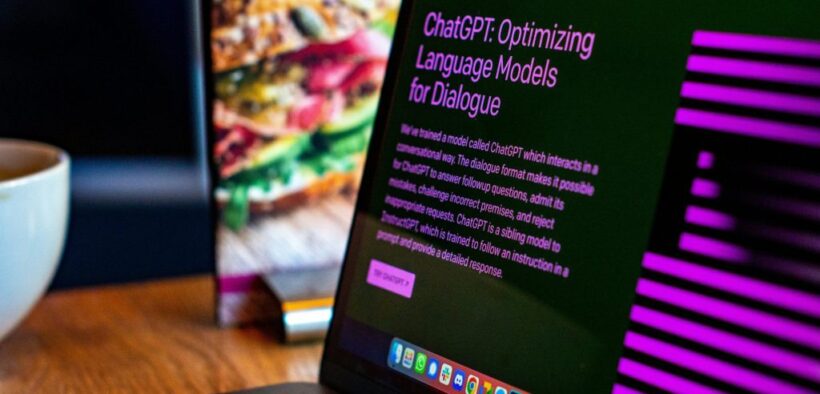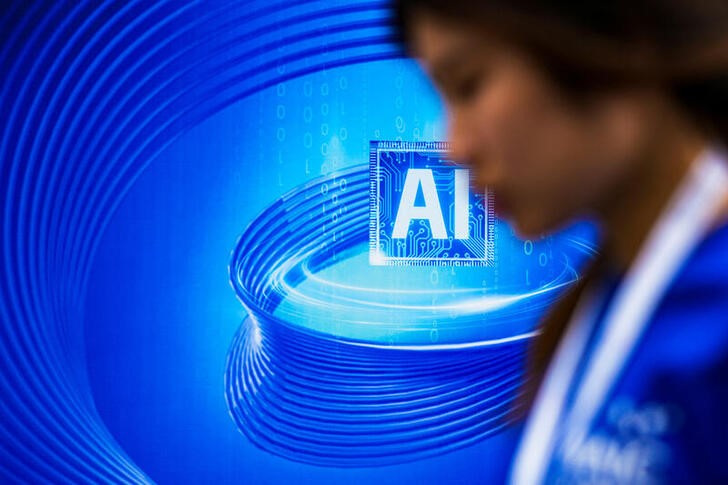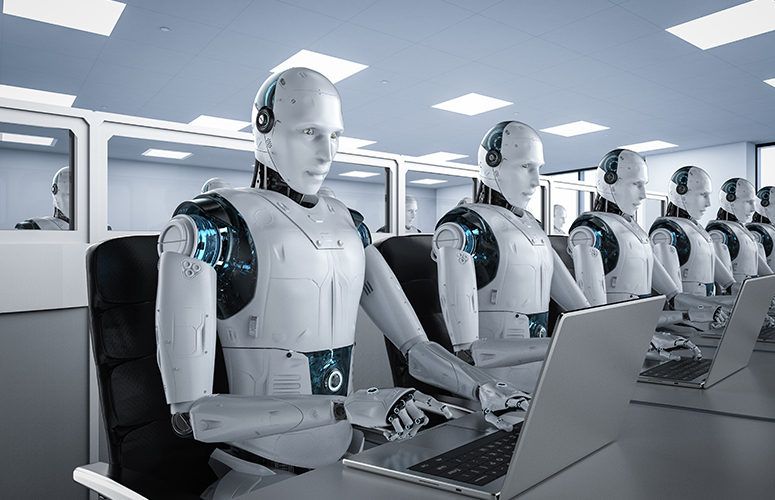AI Chatbots at Work: Revolutionary or Just Routine?
Share

We’ve heard it all before—AI chatbots are set to reshape the workforce. But despite significant advancements in generative AI, the seismic changes long predicted have yet to materialize. New research suggests the chatbot revolution may be more of a slow burn than a sudden disruption.
A recent study by Anders Humlum (University of Chicago) and Emilie Vestergaard (University of Copenhagen) takes a data-driven look at AI’s actual impact on work. Using detailed Danish employment and wage data linked to two large-scale surveys conducted in late 2023 and 2024, the researchers examined how chatbot adoption has—or hasn’t—changed the workplace.
Chatbots Are Common, But Are They Changing Work?

In Denmark, AI chatbots are now commonplace. The study found widespread usage across industries, with nearly 40% of employers deploying internal chatbots and about a third of employees receiving formal training. In companies that actively encouraged chatbot use, employee adoption soared from 47% to 83%. The gender gap in usage also narrowed significantly when training and support were provided.
Despite this rapid adoption and visible enthusiasm, the economic outcomes remain underwhelming.
The researchers looked at job types presumed most vulnerable to AI disruption—11 roles across roughly 25,000 workers in 7,000 workplaces. Their conclusion? No measurable changes in wages or working hours could be tied to chatbot use.
In fact, they describe the results as “precise zeros.” Even among early adopters, daily users, and employees at firms promoting AI use, there were no statistically significant improvements in pay or productivity at scale.
Modest Gains, Missing Impact

Why the disconnect between enthusiasm and outcomes? The research points to two main reasons: real-world productivity gains are modest, and the benefits aren’t translating into higher pay.
Workers did report feeling more productive and creative, with time-saving cited as the top benefit. However, the actual time saved averaged just 2.8% of work hours—far less than the 15–50% jumps often observed in lab-style randomized control trials.
Why the gap? Controlled experiments typically focus on tasks where AI excels, like basic customer service or coding. This study spanned a wider range of jobs, including fields like education, where the advantages may be harder to realize.
Still, one clear pattern emerged: workers who received both encouragement and training saw better results—saving more time, producing higher quality work, and feeling more creatively engaged. The implication? Tools alone aren’t enough. Without supportive environments and strategic integration, AI’s potential goes untapped.
Even when time savings occurred, they rarely translated into pay increases. The study estimates just 3%–7% of saved time showed up in earnings. That may be due to workplace inertia, lack of formal recognition for chatbot use, or hesitancy to reward tools employees adopted on their own.
New Tech, New Tasks

Interestingly, chatbots didn’t just change how people work—they introduced new types of work altogether. About 17% of users reported being assigned novel tasks, especially in companies promoting AI use. Even 5% of non-users noticed new duties linked to AI, such as adjusting assignments or identifying chatbot-generated content.
New responsibilities included integrating AI into workflows, drafting content with AI assistance, and navigating ethical considerations. These shifts suggest that many organizations are still in a transitional phase—figuring out how to adapt rather than benefiting from full-scale efficiencies.
A Revolution Still in Waiting
The researchers don’t dismiss generative AI’s future impact. They acknowledge that with better integration, clearer roles, and ongoing investment, the technology could yet transform work. But for now, the evidence suggests a slow evolution, not a rapid revolution.
“Despite rapid adoption and substantial investments… our key finding is that AI chatbots have had minimal impact on productivity and labor market outcomes to date,” the authors conclude.
It’s a sobering reminder of a pattern seen before in tech history: transformational tools that feel ubiquitous, but whose economic effects take time to emerge. Two years after ChatGPT sparked a global AI boom, its tangible impact on jobs and wages remains surprisingly modest.